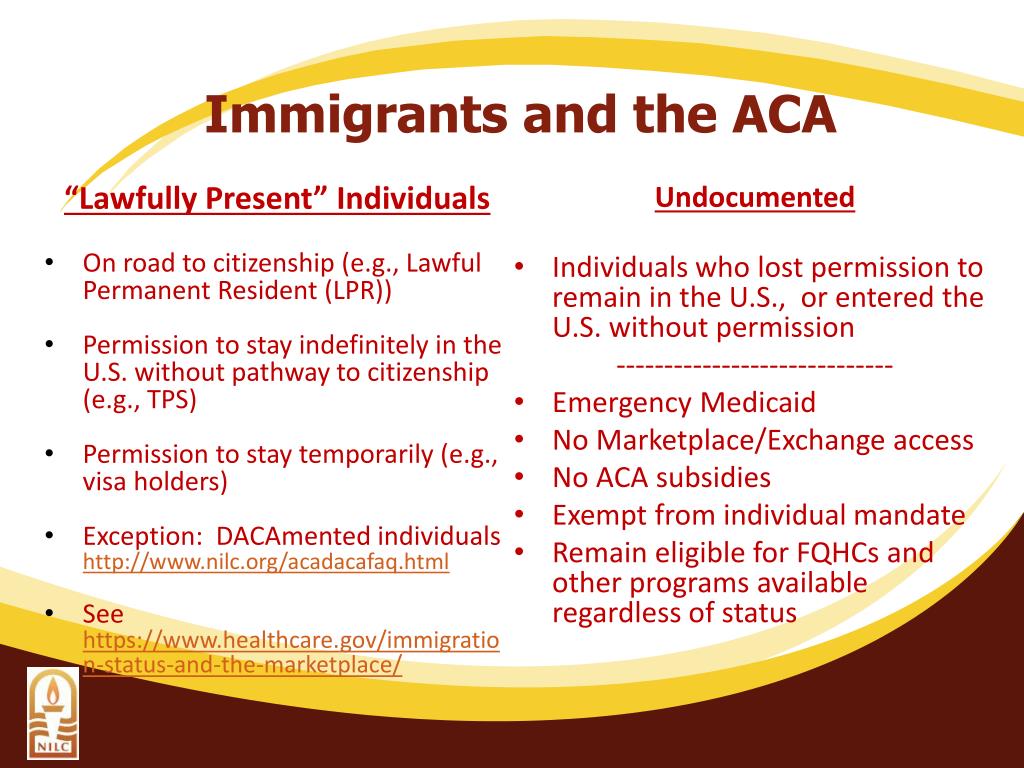Health care access is a fundamental human right, yet it remains a contentious issue in many countries, including the United States. For resident aliens—non-citizens who are lawful permanent residents—navigating the complexities of health care can be particularly challenging. This article explores the health care access and benefits available to resident aliens, highlighting the legal framework, available services, barriers they face, and potential solutions for improvement.
The Legal Framework for Resident Aliens in Health Care
In the United States, resident aliens are granted certain rights under federal law. The Affordable Care Act (ACA) allows legal residents to access health insurance through state exchanges. However, the extent of benefits and access can vary based on immigration status and state regulations.
- Medicaid and CHIP: Many states offer Medicaid and the Children’s Health Insurance Program (CHIP) to resident aliens, particularly those who have held their status for five years or more.
- Marketplace Insurance: Resident aliens can apply for health insurance through the ACA marketplace, which provides subsidized plans based on income.
- Emergency Services: Regardless of immigration status, all individuals are entitled to emergency medical services under federal law.
Benefits of Health Care Access for Resident Aliens
The benefits of health care access for resident aliens are manifold, not only enhancing individual well-being but also contributing to the overall health of communities. Some key benefits include:
- Preventive Care: Access to regular check-ups and screenings can lead to early detection of health issues, reducing long-term health care costs.
- Chronic Disease Management: With access to health care, resident aliens can better manage chronic conditions such as diabetes or hypertension.
- Improved Mental Health: Health care access can provide crucial mental health support, which is often overlooked in immigrant communities.
Case Study: Access in California

California is one of the states leading the way in providing health care access to resident aliens. The state expanded Medi-Cal (California’s Medicaid program) to include low-income residents regardless of their immigration status. As a result, approximately 1.5 million undocumented immigrants now have access to health care services. This model demonstrates how state-level initiatives can effectively bridge gaps in federal policy.
Barriers to Health Care Access for Resident Aliens
Despite the benefits and legal provisions, resident aliens face several barriers that complicate their access to health care:
- Language Barriers: Many resident aliens may not be proficient in English, making it difficult to navigate health care systems and understand medical terminology.
- Cultural Differences: Different health beliefs and practices may deter some resident aliens from seeking conventional medical care.
- Fear of Deportation: Many resident aliens may fear that seeking health care could jeopardize their immigration status, leading to reluctance in accessing necessary services.
- Limited Awareness: Lack of information about available benefits and services can prevent resident aliens from utilizing health care resources.
Statistics on Health Care Access

A survey conducted by the Kaiser Family Foundation revealed that:
- Approximately 45% of non-citizens reported being uninsured in 2021 compared to 9% of U.S.-born citizens.
- Among uninsured non-citizens, 63% cited high costs as a primary reason for not having coverage.
Strategies for Improving Access to Health Care
To address the barriers faced by resident aliens, several strategies can be implemented:
- Outreach Programs: Community organizations can conduct outreach to educate resident aliens about their health care rights and available services.
- Cultural Competency Training: Health care providers should undergo cultural competency training to better understand and meet the needs of diverse populations.
- Language Services: Providing translation and interpretation services can help overcome language barriers in health care settings.
- Policy Advocacy: Advocating for policies that expand health care coverage to all residents, regardless of immigration status, can further enhance access.
Example of Successful Initiatives
Organizations like the Community Health Center movement have successfully implemented mobile clinics that cater specifically to immigrant populations. These clinics often provide services in multiple languages, incorporate culturally relevant health education, and offer sliding scale fees based on income, making health care more accessible to those in need.
The Role of Technology in Enhancing Access

Technology can play a pivotal role in improving health care access for resident aliens. Telehealth services, for example, can bridge the gap for those who face transportation challenges or are hesitant to visit health care facilities due to fear of exposure or judgment.
- Telemedicine: Virtual consultations can provide essential medical advice without the need for in-person visits.
- Health Apps: Mobile health applications can facilitate appointment scheduling, medication reminders, and access to educational resources.
Access to health care is a critical issue for resident aliens, who play an essential role in the fabric of society. While significant progress has been made in providing health care access through federal and state programs, barriers still exist that hinder their ability to receive necessary services. Addressing these challenges requires a multifaceted approach that includes community engagement, policy advocacy, and the strategic use of technology. By ensuring that resident aliens have adequate access to health care, we not only improve individual health outcomes but also contribute to the overall well-being of our communities.
In summary, enhancing health care access for resident aliens is not just a matter of policy, but a moral imperative that affects the health of our entire society. As we continue to navigate the complexities of health care in an increasingly diverse world, it is crucial to foster inclusive systems that recognize and serve the needs of all residents, regardless of their immigration status.
